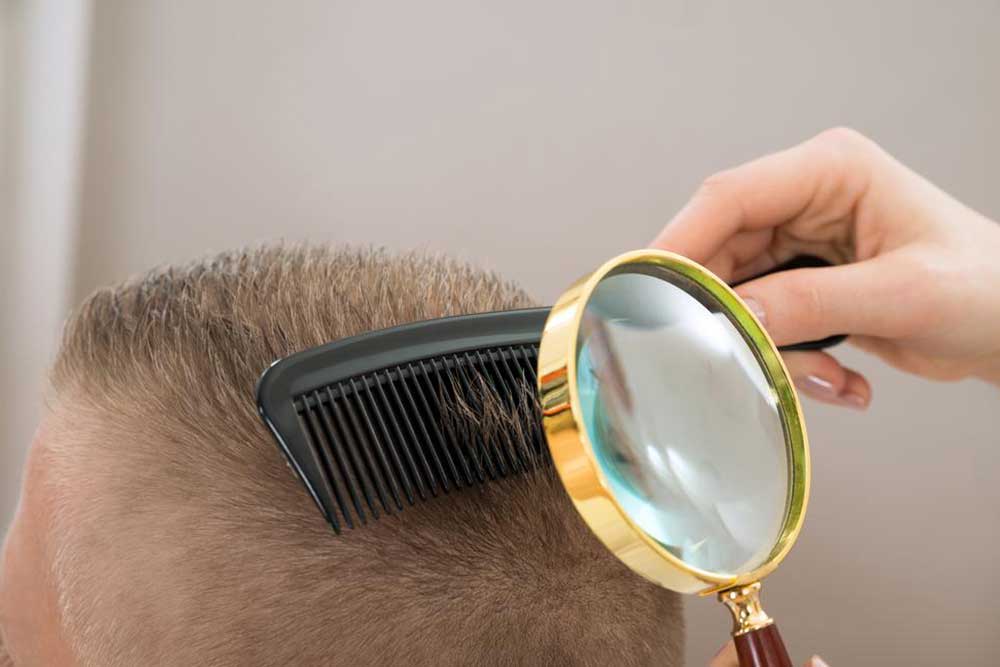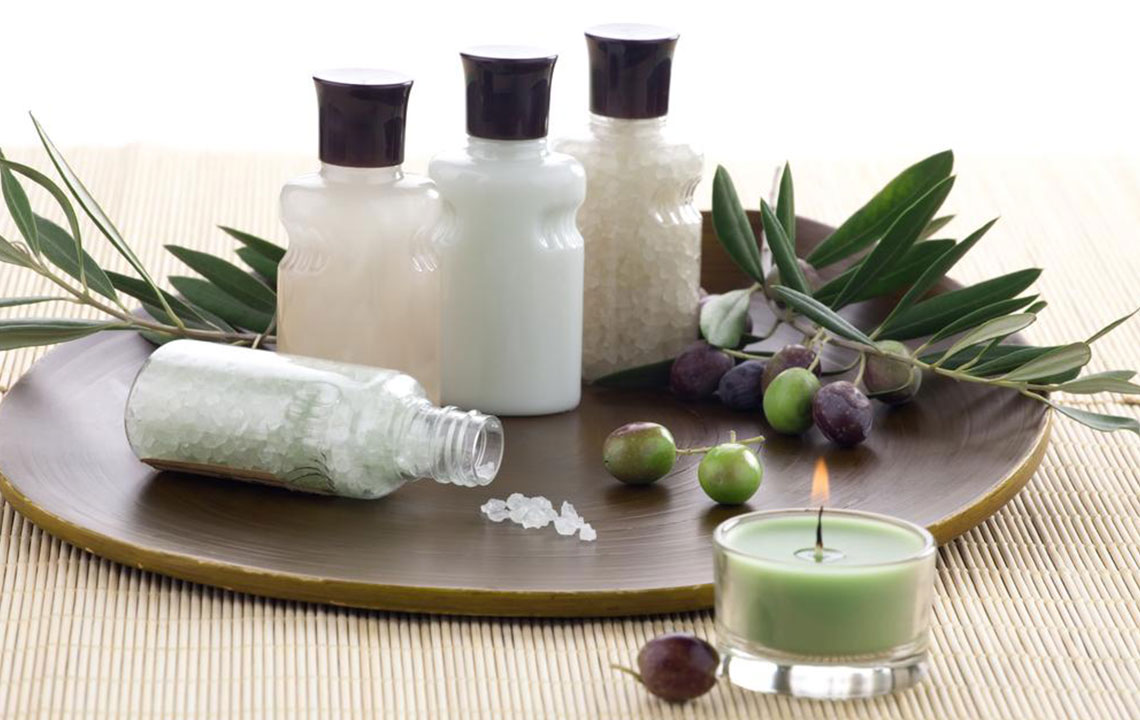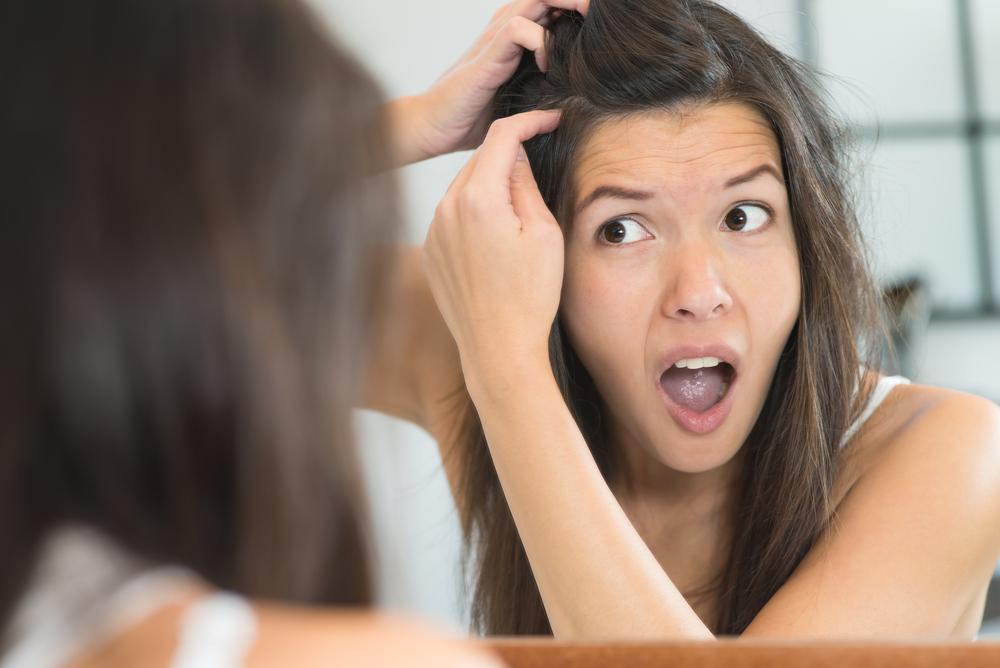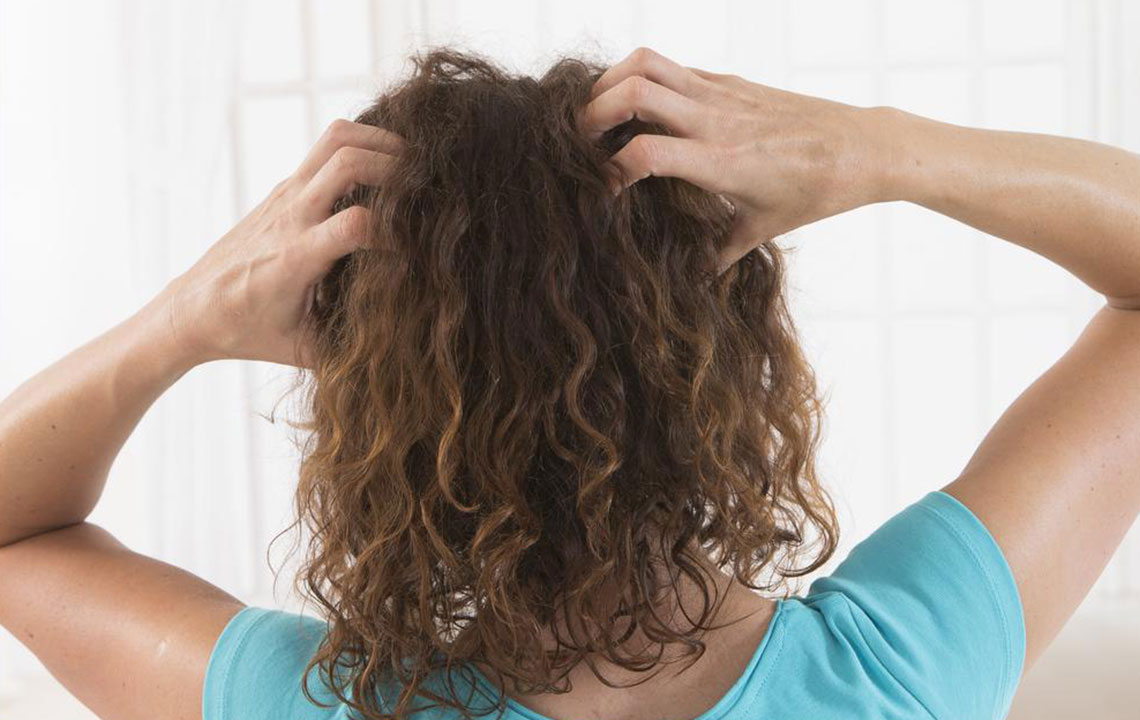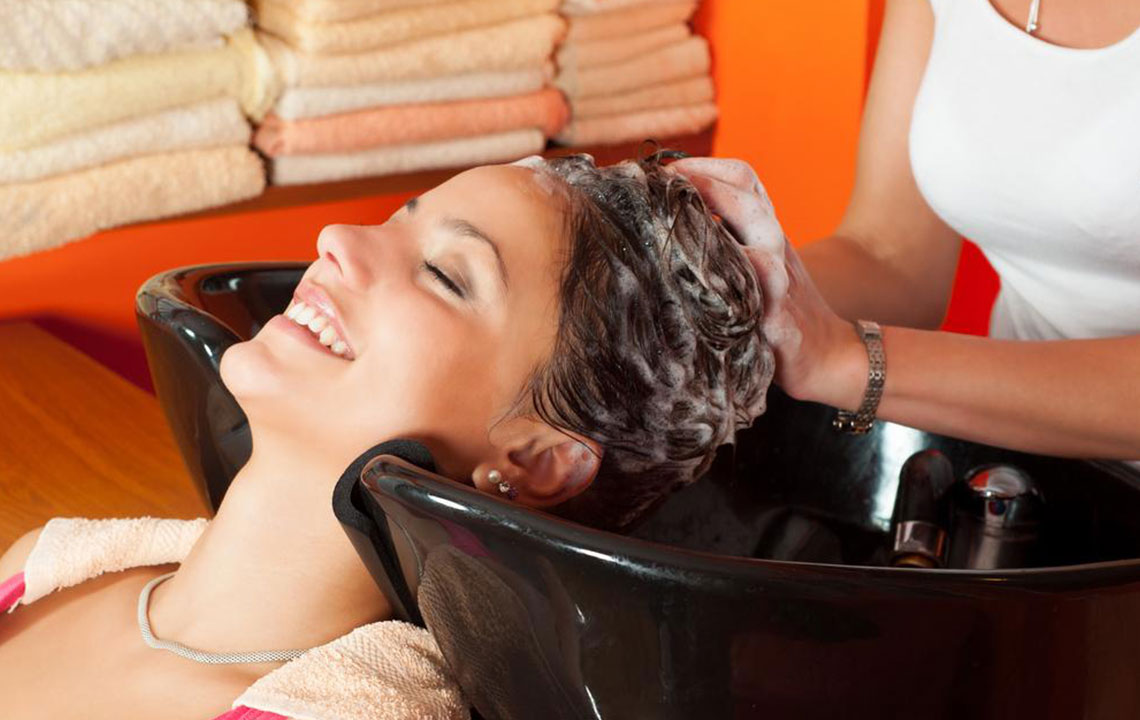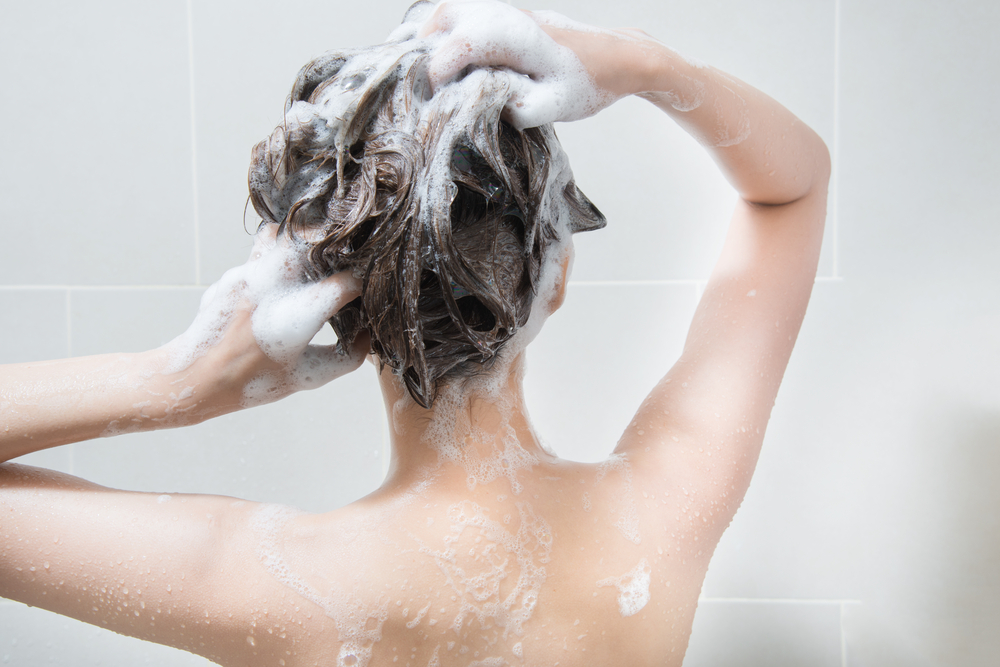Comprehensive Guide to Managing and Treating an Itchy Scalp for Healthy Hair
This comprehensive guide offers expert strategies to identify and treat an itchy scalp effectively. Learn about proper hair washing routines, suitable shampoo choices, managing lice, and when to seek professional medical help. Address underlying causes to ensure a healthy scalp and reduce discomfort. Perfect for anyone struggling with persistent scalp itchiness, this article provides practical tips and insights for maintaining scalp health and hair vitality.
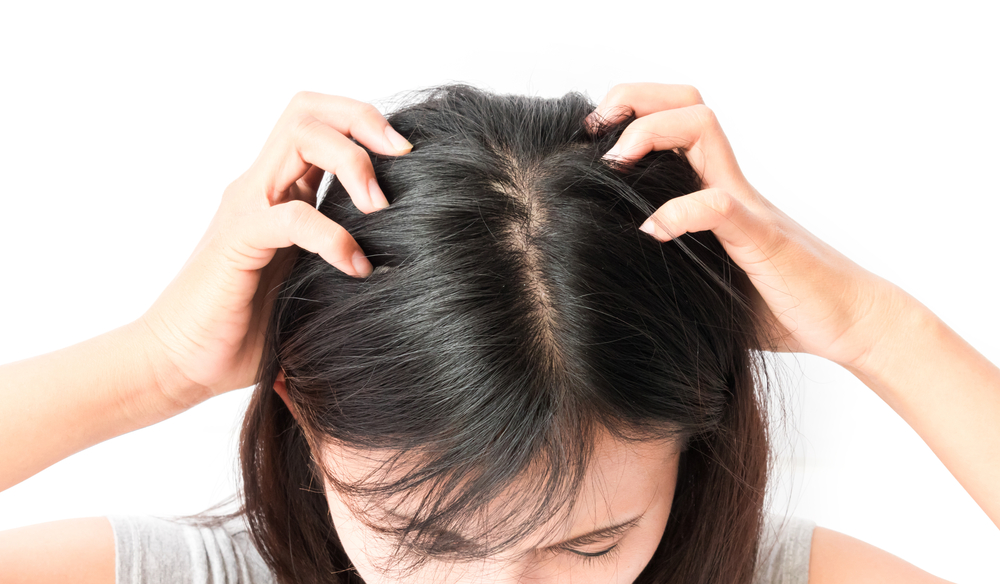
Expert Strategies to Relieve and Prevent Itchy Scalp Discomfort
An itchy scalp can be an uncomfortable and often embarrassing issue that affects many individuals at some point. While it might seem like a minor annoyance, persistent scalp itchiness can significantly impact daily comfort and self-confidence. Many people underestimate how bothersome an itchy scalp can be until they experience it firsthand, often scratching excessively in public or private. Fortunately, understanding the root causes and adopting proper scalp care routines can dramatically reduce discomfort and improve scalp health.
It’s essential to recognize that an itchy scalp is usually a symptom of underlying conditions such as dry skin, sensitivities, dandruff, or other scalp disorders, rather than a standalone problem. This means that effective management involves addressing the underlying causes rather than merely alleviating symptoms temporarily.
When facing scalp irritation, ask yourself:
Does shampoo help? How often should I wash my hair? What home remedies are effective?
Regular washing can help clear away dirt and excess oil, reducing itchiness.
Over-washing, however, may strip natural oils, leading to dry, irritated skin. Striking a balance is crucial.
Most hair types benefit from washing around twice a week to maintain a clean and healthy scalp environment.
Incorporating conditioner post-wash supports moisture retention and scalp health, further decreasing discomfort.
Choosing the Best Shampoo for an Itchy Scalp
Select shampoos formulated to cleanse without disrupting the scalp’s natural pH balance, ideally between 4.5 and 5.7.
Avoid overly harsh or benefit claims that seem unrealistic; opt for gentle, scientifically formulated products.
Test different shampoos with samples to find one that minimizes irritation and suits your scalp's needs.
Look for sulfate-free and paraben-free options that preserve natural oils and reduce the risk of irritation.
Are Lice a Potential Cause of Scalp Itching?
If you suspect lice, carefully examine your scalp with a fine-tooth comb, inspecting for tiny brown or grayish insects or eggs attached to hair strands.
If lice are confirmed, wash bedding, hats, and garments to prevent reinfestation, and use medicated lice shampoos per label instructions. Multiple treatments may be needed.
For persistent lice issues, consider comprehensive lice treatment kits that include shampoos, oils, and creams to eradicate the infestation effectively.
Persistent Itching: When to Seek Professional Help
If scalp itching continues despite home remedies and OTC treatments, consult a dermatologist.
Chronic itchiness might signal underlying skin conditions such as psoriasis, eczema, dermatitis, or scalp infections that require specialized diagnosis and treatment.
Professional intervention often involves medicated shampoos, topical treatments, or other therapies tailored to the specific condition.
Early diagnosis and targeted treatment can alleviate symptoms and prevent further scalp damage.
Understanding the causes and practicing proper scalp hygiene are vital steps toward maintaining a healthy, itch-free scalp. Remember, persistent issues should never be ignored—professional advice can help identify underlying conditions and provide effective solutions for long-term relief. With patience and the right approach, you can enjoy a comfortable, healthy scalp and vibrant hair.